From 2023, the Department of Agriculture will be carrying out checks on a certain number of farmers who are carrying out an agricultural activity.
In the next CAP, when comes into effect next year, there must be an agricultural activity carried out on a land parcel for it to be considered eligible for payment.
The Department defines an agricultural activity as “either producing food or crops or maintaining the land in a state suitable for production” - for example, topping.
Evidence
Where doubt exists about an agricultural activity being carried out for payments, the Department will request evidence from commonage farmers and tillage farmers with grassland, but who have no livestock.
Farmers will have to show “how they bear the economic and agricultural risk with regard to the agricultural activity being undertaken”.
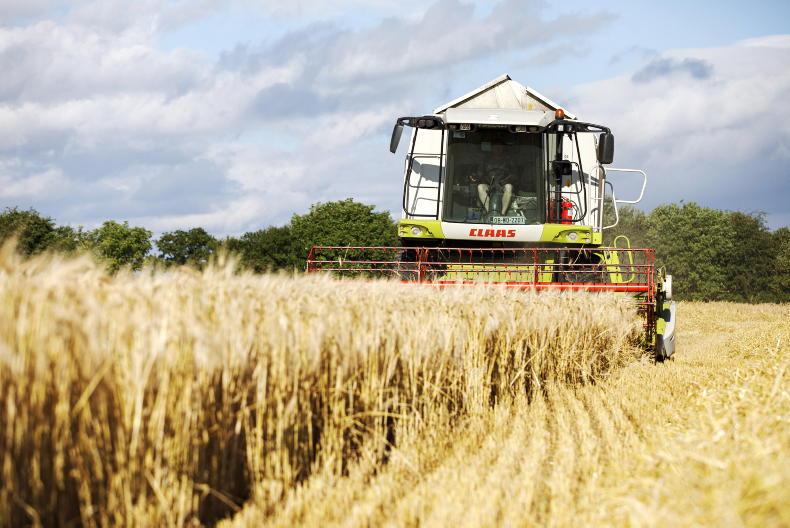
Tillage farmers will be required to show evidence of an agricultural activity. / Donal O' Leary
Tillage farmers are advised that checks could include receipts for fertiliser, pesticides or seed and proof of a lease or share farming agreement (if they are leasing or share farming).
For those farmers with grassland but do not have livestock, evidence of maintenance will be sought, for example receipts for bale wrap, netting, contractor costs and sales of hay or silage.
Partnerships
Separately, the Department is still working out how partnerships will be affected by capping and front-loaded payments.
At a Department of Agriculture CAP information meeting in Galway on Thursday night, officials said that there is growing complexity around farm structures and that there is a guiding “principle that farmers should not be disadvantaged by joining a partnership”.
However, they said there also has to be fairness. Issues around how partnerships would be impacted by capping and the front-loaded payment “will be resolved”.
From 2023, the Department of Agriculture will be carrying out checks on a certain number of farmers who are carrying out an agricultural activity.
In the next CAP, when comes into effect next year, there must be an agricultural activity carried out on a land parcel for it to be considered eligible for payment.
The Department defines an agricultural activity as “either producing food or crops or maintaining the land in a state suitable for production” - for example, topping.
Evidence
Where doubt exists about an agricultural activity being carried out for payments, the Department will request evidence from commonage farmers and tillage farmers with grassland, but who have no livestock.
Farmers will have to show “how they bear the economic and agricultural risk with regard to the agricultural activity being undertaken”.

Tillage farmers will be required to show evidence of an agricultural activity. / Donal O' Leary
Tillage farmers are advised that checks could include receipts for fertiliser, pesticides or seed and proof of a lease or share farming agreement (if they are leasing or share farming).
For those farmers with grassland but do not have livestock, evidence of maintenance will be sought, for example receipts for bale wrap, netting, contractor costs and sales of hay or silage.
Partnerships
Separately, the Department is still working out how partnerships will be affected by capping and front-loaded payments.
At a Department of Agriculture CAP information meeting in Galway on Thursday night, officials said that there is growing complexity around farm structures and that there is a guiding “principle that farmers should not be disadvantaged by joining a partnership”.
However, they said there also has to be fairness. Issues around how partnerships would be impacted by capping and the front-loaded payment “will be resolved”.






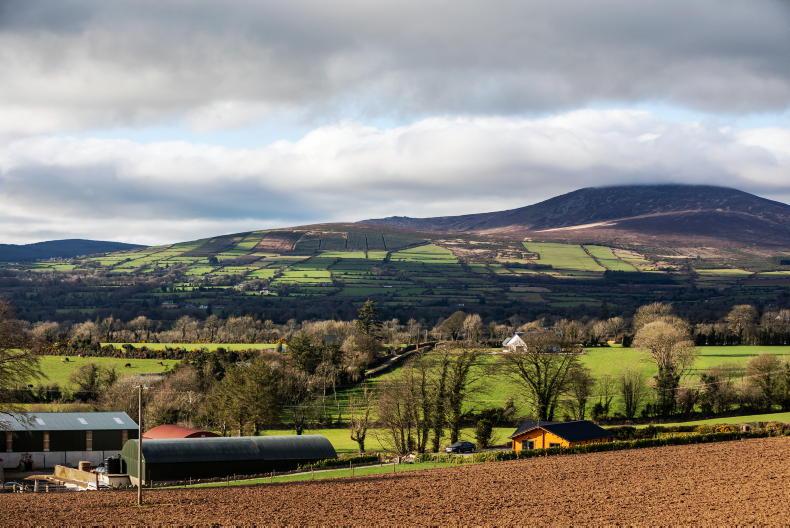

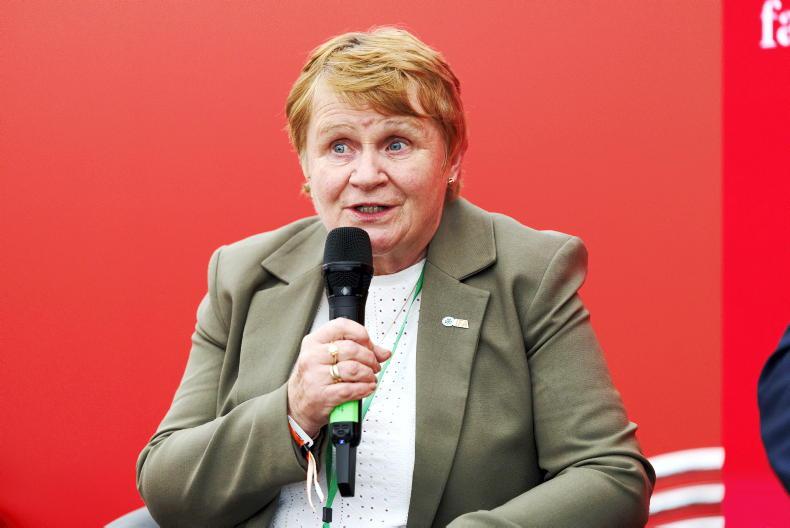
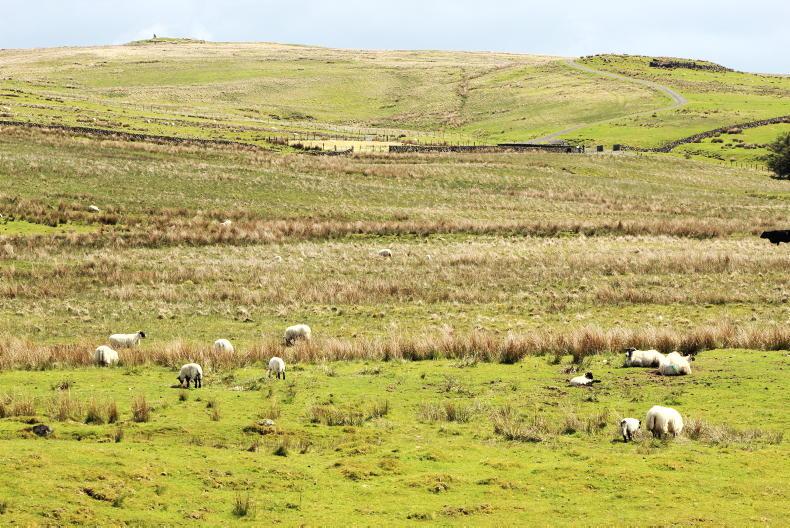
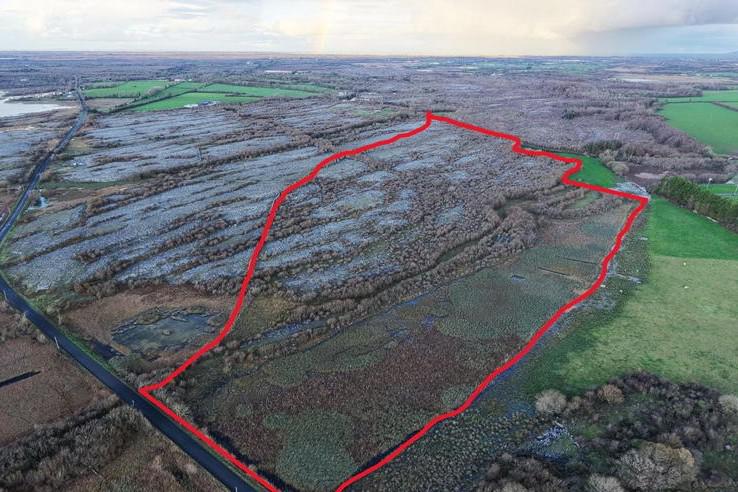
SHARING OPTIONS